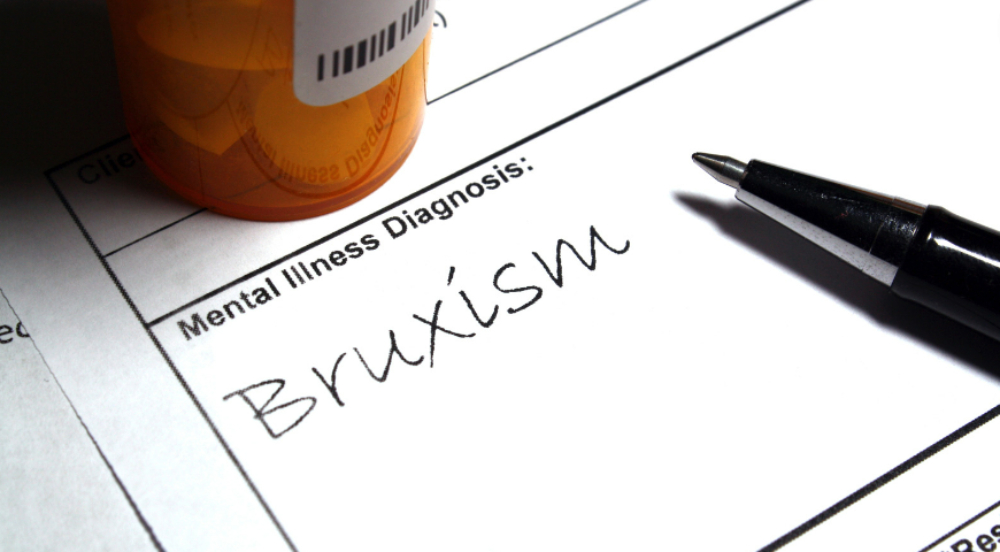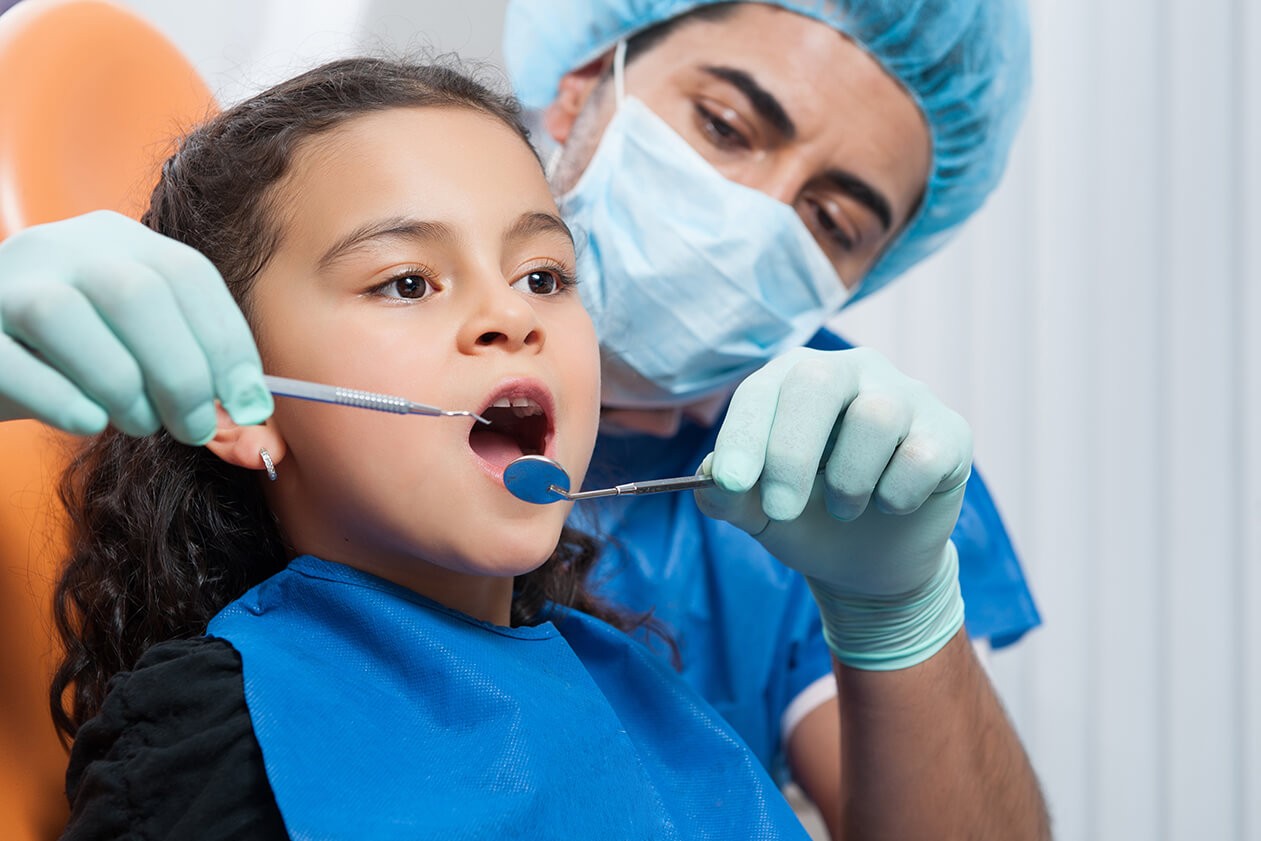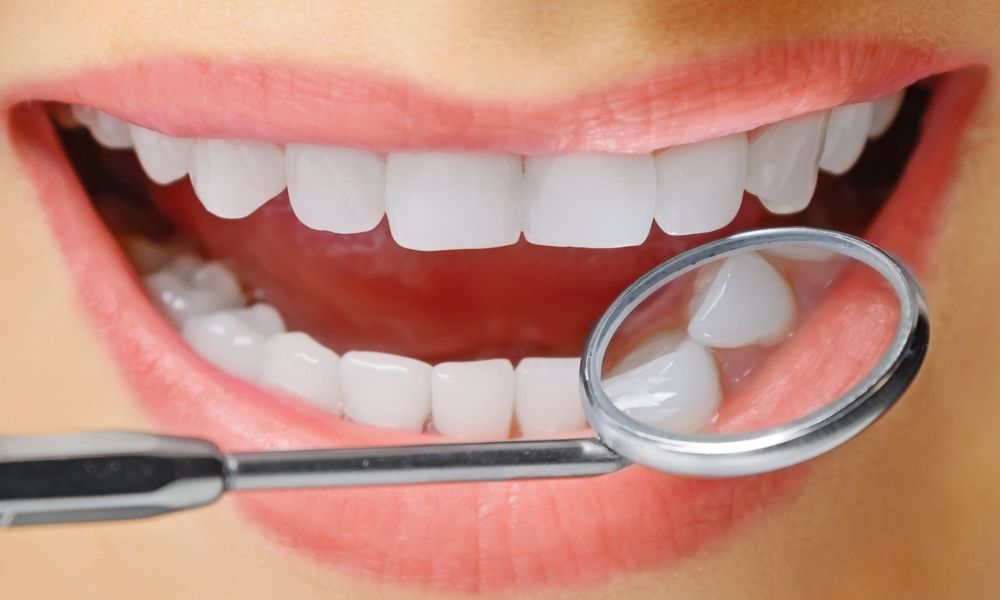We’ve all experienced stress, whether from work, school, or personal matters. This tension can manifest in different ways, and one such manifestation is bruxism. Bruxism is the involuntary and unconscious clenching and grinding of teeth, which often happens during sleep. Though common, many people may not realize they have it. So, how do I know if I have bruxism? Here are some telltale signs and symptoms to look out for.
Persistent Jaw or Facial Pain
One of the most common bruxism symptoms is a dull, persistent pain in the jaw and face. If you frequently wake up with achy muscles around your mouth, chin, or temples, this may be indicative of bruxism. The continuous pressure caused by teeth grinding can strain facial muscles and contribute to headaches as well. And if you suspect the pain is getting severe, it’s crucial to speak to your dentist right away. A qualified dentist for bruxism in Toronto will evaluate your symptoms, assess the potential causes, and recommend an appropriate course of action to manage the condition and prevent further harm to your teeth and jaws.
Unusual Tooth Wear
Teeth grinding can wear down the enamel, causing teeth to become flat, cracked, chipped, or loose. If you notice your teeth are more sensitive than usual or have visible damage, this could be a sign of bruxism. Moreover, ongoing grinding can lead to more severe dental issues such as tooth loss, gum recession, and more. So, it’s important to pay attention to your teeth, and if you have any concerns, visit a reputable dentist office in Toronto right away. This way, you can prevent further damage and stop the bruxism before it gets worse.
Sleep Disturbanceh
Frequent awakening during the night, grogginess in the morning, and feeling unrested can be signs of bruxism. Grinding your teeth or clenching your jaw during sleep can disrupt your normal sleep pattern and may even cause your partner to lose sleep as well if the grinding noises are loud.
Familiar Symptoms Reported by Others
Since bruxism commonly occurs during sleep, you may be unaware of it. However, your partner or another family member might hear the grinding sounds at night. If someone tells you about these noises, it is essential to take them seriously and consider seeking an evaluation.
Understanding the Causes of Bruxism in Adults
Although stress is the most common cause of bruxism in adults, other factors may also contribute. Some potential causes include:
- Misaligned teeth or an abnormal bite.
- Sleep apnea and other sleep disorders.
- Alcohol or caffeine consumption
- Tobacco use.
- Certain medications, such as antidepressants.
To Sum Up
Bruxism can have profound effects on your dental health, overall well-being, and quality of life. Identifying the warning signs and understanding the causes are vital in seeking proper treatment and guidance. And as always, maintain good oral hygiene and regular dental check-ups. Don’t let bruxism catch you off guard; act early and preserve your beautiful smile!






